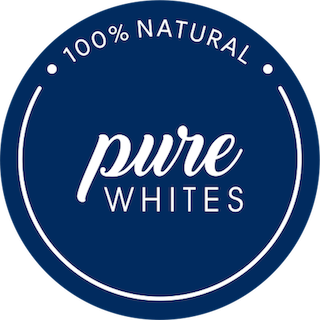With honey being one of the most commonly adulterated food products in the world, terms like “raw,” “organic,” and “natural” are often thrown around loosely. But how can you truly trust that the honey you're buying is pure? That’s where NMR testing comes in—a gold standard in food authenticity.
Let’s break down what NMR testing means and why it’s important for honey.
What Is NMR Testing?
NMR stands for Nuclear Magnetic Resonance—a high-precision, laboratory method that analyzes the entire molecular profile of a product. In simple terms, NMR can detect the "fingerprint" of honey and identify:
-
Adulteration with sugar syrup, corn syrup, or rice syrup
-
Botanical origin (e.g., whether it's Sidr, Acacia, or multifloral)
-
Geographic origin (e.g., Indian, European, Chinese, etc.)
-
The overall composition of sugars, water content, and other key parameters
This level of analysis goes far beyond basic lab tests, making it one of the most trusted tools for honey authentication worldwide.
Why Is NMR Testing Important for Honey?
Detects Even the Smartest Forms of Adulteration
Many commercial honeys pass basic sugar or HMF (Hydroxymethylfurfural) tests, but still contain added syrups that are hard to detect. NMR uncovers these even if they’re cleverly disguised.
Protects You From Misleading Labels
A jar labeled “pure Sidr honey” might be 90% sugar syrup with just a small amount of real honey. With NMR, brands can prove their honey's authenticity and build trust with conscious customers.
Confirms Floral and Geographic Origin
NMR testing can verify whether your honey truly comes from Sidr trees or another plant source—and whether it’s really from the region claimed on the label.
Ensures You’re Getting the Health Benefits You Paid For
Fake or adulterated honey offers no medicinal value—and may even be harmful. Only authentic, pure honey delivers the enzymes, antioxidants, and antimicrobial properties that raw honey is known for.
Is NMR Testing Common in India?
While still relatively new to India, NMR testing is increasingly being adopted by premium honey brands and exporters. Globally, it's already used across Europe and the U.S. for high-value food authentication.
Unfortunately, many brands in the market do not invest in this level of testing due to cost or lack of transparency.
How to Know If Your Honey Is NMR-Tested
At Pure Whites, we are committed to offering only honey that meets the highest purity standards—free from adulteration and synthetic additives.
-
Meets strict quality benchmarks used in NMR-tested products
-
Is sourced from regions known for authentic, raw Sidr honey
-
Undergoes careful evaluation for purity, aroma, and consistency before it reaches you
We prioritize trust and transparency—so when you choose Pure Whites, you’re choosing honey that’s held to the same high standards as globally certified products.
Final Thoughts
In a world full of imitation and clever marketing, NMR testing gives you confidence that what you're consuming is truly what it claims to be. When it comes to honey—a product deeply tied to health and wellness—authenticity isn't a luxury. It’s a necessity.
If you’re serious about purity, make sure your honey is backed by real testing, not just pretty words.
🍯 Want to experience real, unadulterated Sidr Honey?

